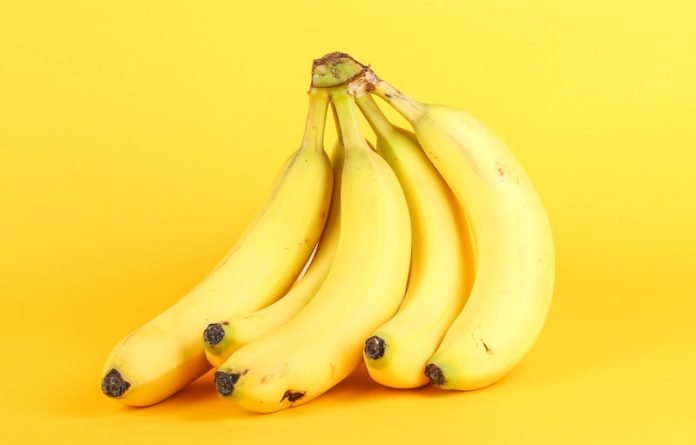
In a study from Harvard University and elsewhere, scientists found lower sodium intake and higher potassium intake is linked to a reduced risk of heart disease in most people.
Sodium, one of the components of table salt, is naturally found in some foods, but high amounts of sodium are frequently added to commercially processed, packaged, and prepared foods.
The U.S. Food and Drug Administration recently released new voluntary guidance encouraging the food industry to gradually reduce sodium — linked in previous research with increased blood pressure — in commercially produced foods over the next two and a half years.
Potassium has the opposite effect on the body — it can help relax blood vessels and increase sodium excretion while decreasing blood pressure.
Rich sources of potassium include fruits, leafy greens, beans, nuts, dairy foods, and starchy vegetables like winter squash.
In the study, the researchers conducted a pooled analysis of six published studies.
They analyzed the individual sodium and potassium excretion data and the incidence of CVD — which includes coronary heart disease or stroke.
The data came from multiple 24-hour urine samples — the most reliable method for assessing sodium intake — that were taken from more than 10,000 generally healthy adults with a study follow-up of CVD events for an average of nearly nine years.
A total of 571 heart disease events were documented during the cohort studies.
The researchers determined that higher sodium intake, as measured by multiple 24-hour urine samples, was strongly linked to higher heart risk in a dose-response manner with a daily sodium intake of approximately 2,000 to 6,000 mg.
Every 1,000 mg per day increase in sodium excretion was linked to an 18% increased risk of CVD. For every 1,000 mg per day increase in potassium excretion, the risk of cardiovascular disease was 18 percent lower.
In addition, higher sodium-to-potassium ratio was strongly linked to increased heart disease risk.
These associations were consistent across subgroups defined according to age, sex, baseline hypertension, weight status, and years of follow-up.
The team says this study underscores the importance of using a reliable biomarker to measure habitual sodium intake and assess its link with heart disease risk.
If you care about nutrition, please read studies about the best time to take vitamins to prevent heart disease, and vitamin D supplements strongly reduce cancer death.
For more information about nutrition, please see recent studies about plant nutrient that could help reduce high blood pressure, and these antioxidants could help reduce dementia risk.
The study was conducted by Yuan Ma et al and published in the New England Journal of Medicine.
Copyright © 2022 Knowridge Science Report. All rights reserved.



